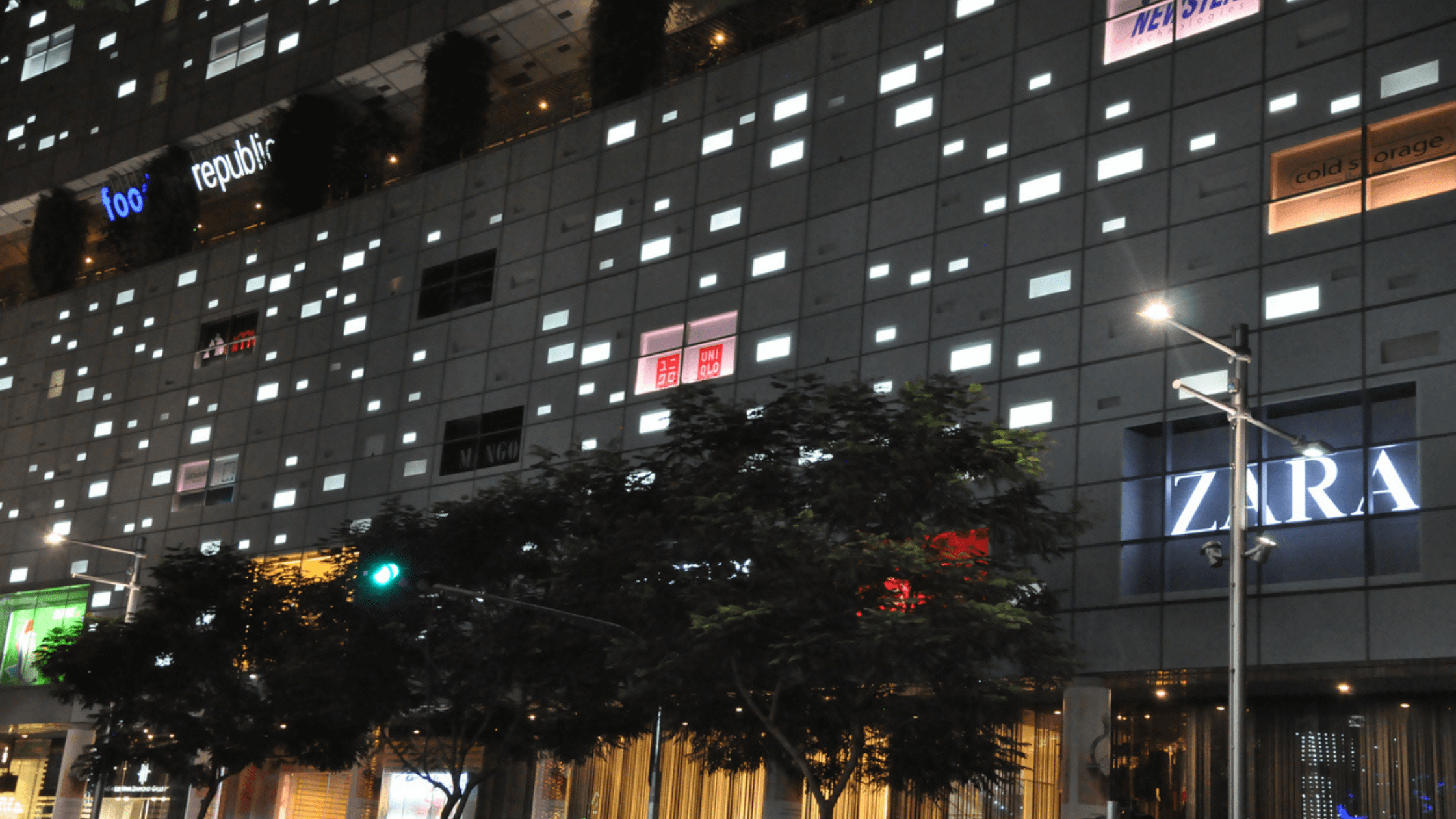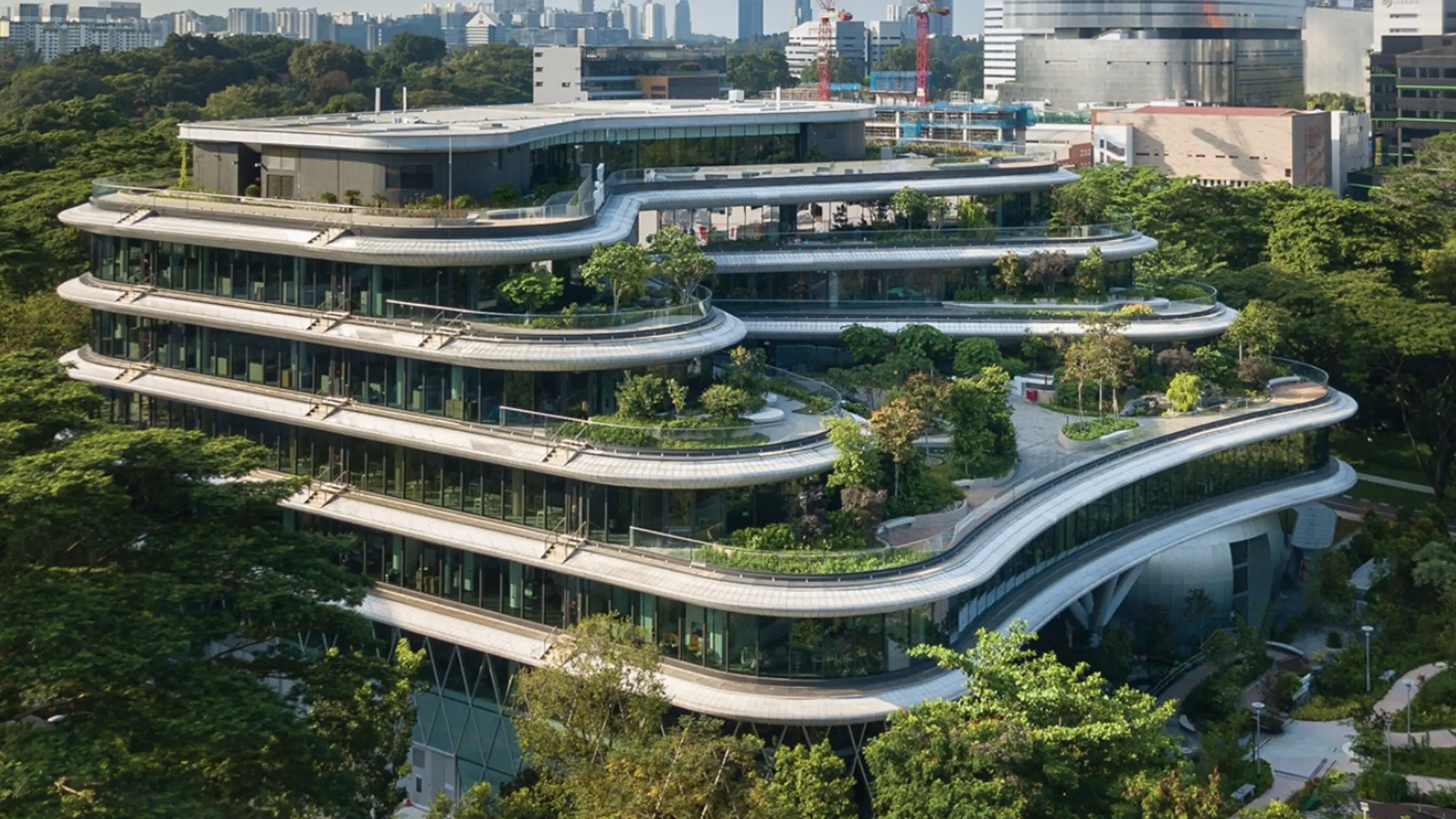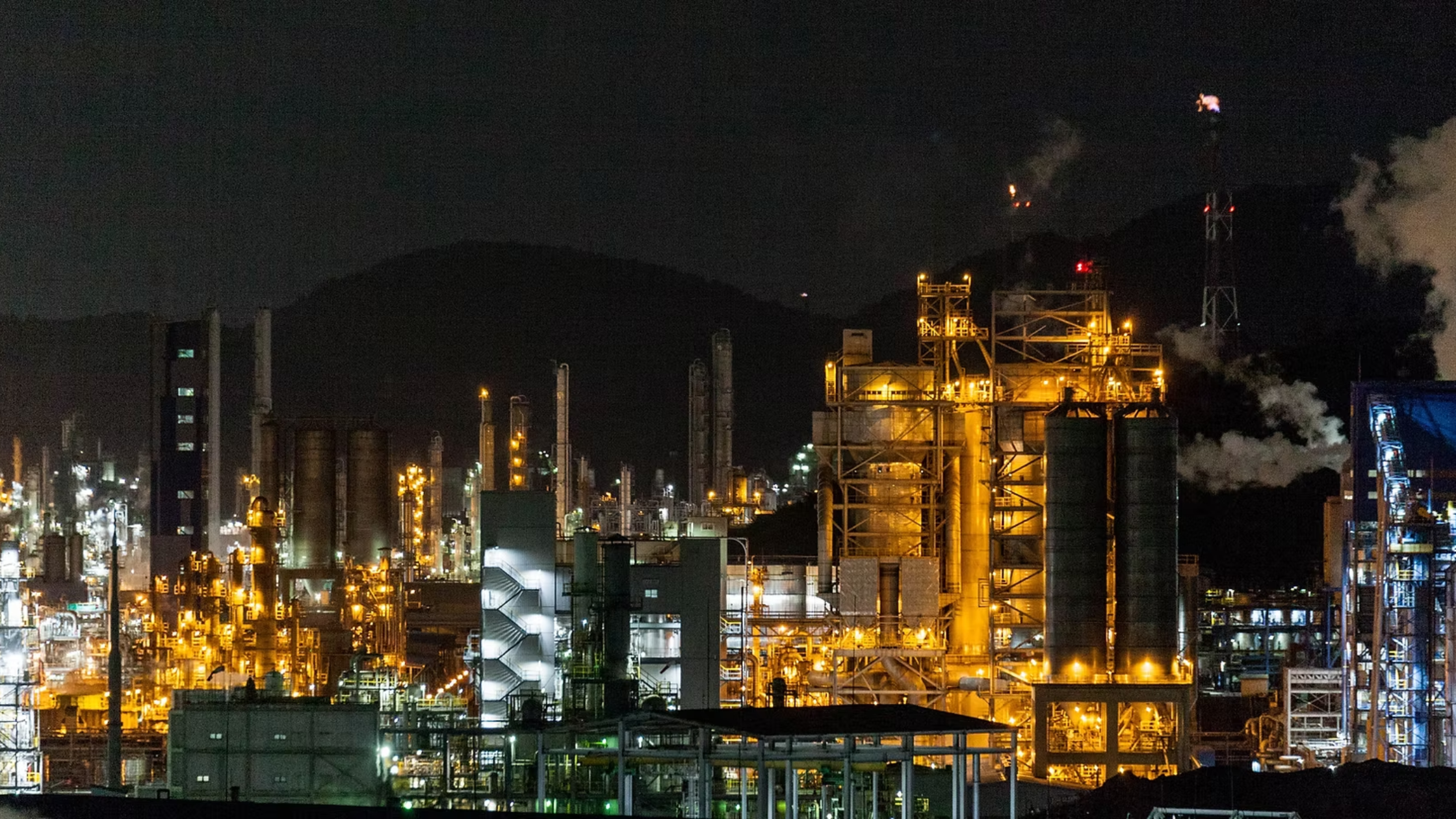Real estate investment trusts (REITs) make up a large part of the stock market in Singapore.
While we know all the big Singapore REITs, one of the smaller S-REITs that I have been following is Lendlease Global Commercial REIT (SGX: JYEU).
Lendlease REIT may not be as popular and well-known as some of the larger-caps ones in Singapore but it has a fairly attractive Singapore-centric portfolio.
Its portfolio consists of two retail malls in Singapore and another office property in Milan.
The assets owned in Singapore are well-known among Singaporeans, such as Jem and 313@Somerset.
The property owned in Milan is an office building named Sky Complex.
The strong portfolio is reflected by the recent increase in its distribution per unit (DPU) by 2.1% year-on-year (yoy) to S$0.0245 for H1 FY2023.
Distributable income rose 95.9% to S$56 million during H1 FY2023.
This younger REIT was also the first S-REIT to attain net-zero carbon last year, three years ahead of its target in 2025.
This means that Lendlease REIT will also be suitable for Environmental, Social, and Governance (ESG) investors.
Looking at its earnings in H1 FY2023 (for the six months ending 31 December 2022), here are the three key takeaways for Singapore investors who are interested in Lendlease REIT.
1. Strong growth in revenue and NPI
Gross revenue for Lendlease REIT more than doubled to S$101.7 million during H1 FY2023.
The sharp increase was mainly due to contributions from Jem, which was acquired in April 2022.
This was partly offset by lower revenue from the Sky Complex office asset in Milan due to a weaker euro versus the Singapore dollar.
In line with the higher gross revenue, Lendlease REIT’s net property income (NPI) surged to S$76.4 million, from S$29.6 million in the same period a year earlier.
The stronger earnings have led to an increase in its distributable income and DPU for H1 FY2023.
In terms of earnings risk, investors can also take comfort from the high committed occupancy of 99.8%.
2. Singapore’s retail portfolio to benefit from China’s reopening
Lendlease has strong assets with about 87% of its portfolio based in Singapore.
With the reopening of international borders in China, Singapore is expected to be one of the key beneficiaries from the influx of Chinese tourists.
Even prior to the reopening in China, retail sales in Singapore (excluding motor vehicles) has continued to recover.
I believe that this will drive tenant sales and support positive rental reversions in its retail assets in Singapore.
3. Rising interest rate will hurt Lendlease margins
Lendlease’s gross borrowings stood at S$1.45 billion with its gearing ratio at 39.2%.
While the balance sheet of the company remains healthy, the REIT’s interest coverage ratio (ICR) deteriorated to 5.5 times as of 31 December 2022, as compared to 6.9 times as of 30 September 2022.
A look at the borrowings shows that about 61% of its borrowings are hedged to fixed rates.
Since about 40% of the borrowings are based on floating rate, the rising interest rate environment will hurt Lendlease’s earnings margins in the near term with rising borrowing costs.
Currently, the weighted average cost of debt stood at 2.35% per annum, which was slightly higher than during the previous quarter.
Attractive distribution yield and suitable for ESG investors
With a 12-month forward dividend yield of 7.10%, Lendlease REIT offers investors a way to generate passive income amid rising inflation.
As the first REIT in Singapore to achieve net zero carbon last year, I believe this will also attract investors who are looking at sustainability metrics, such as carbon emission rates.
Disclaimer: ProsperUs Investment Coach Billy Toh doesn’t own shares of any companies mentioned.









